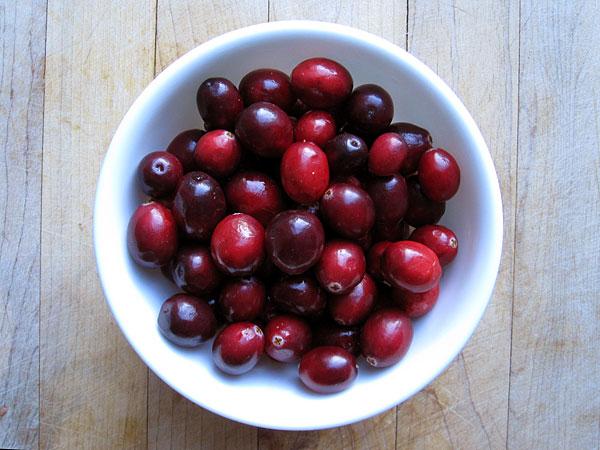In honor of Thanksgiving, it is time to turn to the beloved cranberry. Not the story of the great Cranberry scare of 1959 and President Eisenhower, you can find that tale here. But a tale of the beneficial effects of cranberries on, dramatic pause, the MICROBIOME!! And oddly enough, a question about conflicts of interest.
The “science”
I have highlighted the scientific ‘findings’ in quotes, my comments in italics
- “A randomized, double-blind, cross-over, controlled design trial” Sounds good
- “11 Healthy adults”A tiny trial
- “consumed for five days each a control diet (animal-based diet plus 30 g/day placebo powder) and a cranberry diet (animal-based diet plus 30 g/day freeze-dried whole cranberry powder).” Not a particularly long study and gut microbiomes while showing changes within 48 hours continue to change for many months.
- “In conclusion, an animal-based diet altered the microbiota composition to a less favorable profile increased carcinogenic bile acids and decreased beneficial SCFA. Cranberries attenuated the impact of the animal-based diet on microbiota composition, bile acids, and SCFA, evidencing their capacity to modulate the gut microbiota.” Sounds good, less carcinogenic, more favorable.
- In describing the study’s limitations, the researchers noted the diet used, “although it has been described in pastoralist and high-latitude cultures [15], is not commonly consumed.” So much for generalizability
I would conclude that this small study suggests that eating cranberries alters your gut microbiome, that it might be beneficial, but you cannot decide from what the scientists report. I have no problem with their methods or measured conclusions. My concerns lie elsewhere.
Facts hidden in plain sight
I came across this article through an aggregator that provides summaries of articles to journalists making it easier to identify what is relevant to their audiences amongst the hundreds of articles published weekly. But it isn’t till the end that we find who is funding this work.
“This research was funded by Cranberry Institute and United States Department of Agriculture … and support for this project was provided by the Cranberry Marketing Committee USA, an instrumentality of the United States Department of Agriculture, Agriculture Marketing Service … that administers the Cranberry Marketing Order, 7 Code of Federal Regulations 929, as authorized under the Agricultural Marketing Agreement Act of 1937….”
So the funding for the research is an entangled combination of our government and cranberry farmers. Does this make the science less valid? Probably not, but it does reflect intent, the intent of marketing.
The aggregator did provide some quotes, that could be sprinkled into the article, lending it some personalization. Here are the words of the Cranberry Institute’s executive director.
"On behalf of the Cranberry Institute and cranberry growers and handlers, it is exciting and rewarding to see new diverse health research about the potential benefits of cranberry consumption. Scientists continue to dedicate their studies to exploring the inherent value of eating cranberries, so as an industry, we will proudly continue to support their efforts. …Identifying foods - like cranberries - that can help shape and support a healthier gut microbiome could have a remarkable impact on public health."
Any number of similar articles, pass across my screen daily. And here is my dilemma. Is this science informing or marketing? Science in the Public Interest, the words suggest an inspirational, aspirational goal, but is it solely in the public interest to inform, or should we wear our advocacy proudly. We wear our advocacy of the science of vaccinations proudly, no one questions my integrity on that subject. Would you be more suspicious of the advocacy of vaccinations if the research was funded by pharmaceutical companies making vaccines?
How do you judge this science of the cranberry, why does its funding raise questions of integrity? When does science in the public interest slip from information to advocacy, and then to marketing?
Source: Cranberries attenuate animal-based diet-induced changes in microbiota composition and functionality: a randomized crossover controlled feeding trial Journal of Nutritional Biochemistry DOI:10.1016/j.jnutbio.2018.08.019




